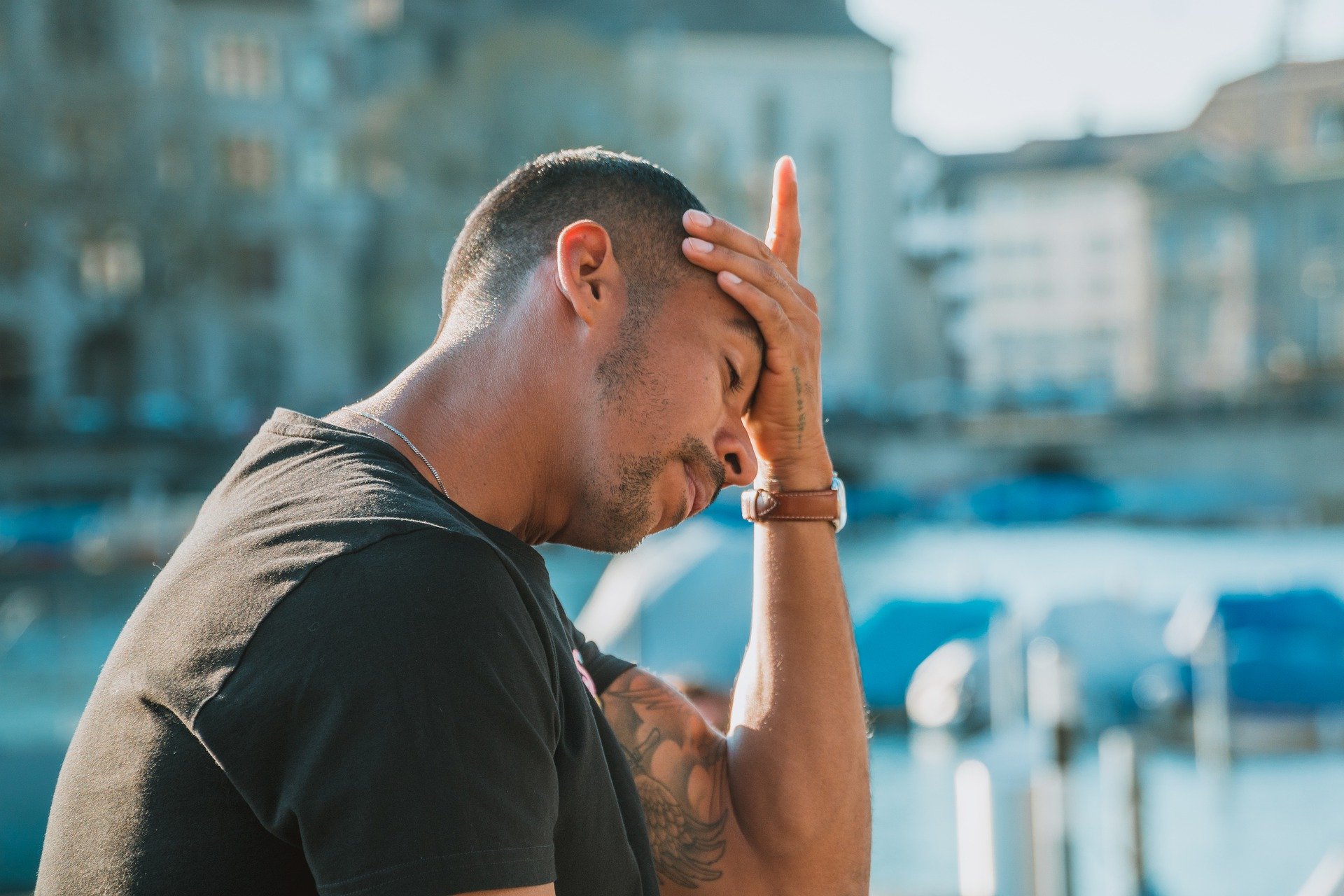NO one can honestly downplay the impact the COVID-19 pandemic has had on the social landscape across Spain.
And almost all can agree the past 14 months have been one of the most testing times in modern history, with personal restrictions, business closures and nationwide economic failures.
These factors have taken a toll on Malaga’s population, with mental health centres seeing record numbers of admissions in recent months.
According to an interview carried out by Malaga Hoy, the clinic has seen a dramatic increase in depression and anxiety among its residents since the start of 2021.
“We have seen a huge rise in hopelessness and uncertainty among our patients,” said Susana Ortigoso, psychologist at the Puerta Blanca Community mental health centre in Malaga.
“We are suffering a lot as a people, especially since the de-escalation program , as time goes on, the effects of the pandemic are taking an increasingly large toll on our resident’s mental health.”
Ortigoso explains that one of the main protagonists of mental health care at the hospital are from the 35-55 age group, although they have seen people of all ages through their door.
“There is a clear pattern to say that as a person’s personal responsibilities grow, so does the stress and therefore so does the depression.” said Ortigoso.
The psychologist told Malaga Hoy that the economic crisis and the record unemployment are one of the most triggering factors among adult mental health, with financial uncertainty adding pressure on families.
One of the other contributing factors is the reduction of social interaction, an important part of Spanish culture that has been removed since the pandemic began.
Social distancing rules have put an end to double kiss greetings and comforting hugs while the closure of bars and restaurants has limited friends and families getting together to socialise.
Both of these factors have been detrimental to the region’s mental health explains Ortigoso.
“Not only can people physically not carry out these acts during the majority of the state of alarm, many are also nervous of going back to tactile greetings for fear of contagion, increasing anxiety and nervousness.” said Ortigoso.
While Ortigoso admits there was once a spirit of Resistire among the people, that is now waning and many are accepting the reality of a ‘new normal’.
“If there is no work and there is no hope, it is difficult to maintain a positive spirit,” she said.
Ortigoso hopes that the government listens to the professionals and begins to lift the restrictions as soon as possible for the sake of her patients.
“While we try to solve these issues with guidance and direction, many need more and therefore medication is issued, but we need to solve the underlying issues rather than patch up the results.” she said.
Click here to read more Malaga News from The Olive Press.








